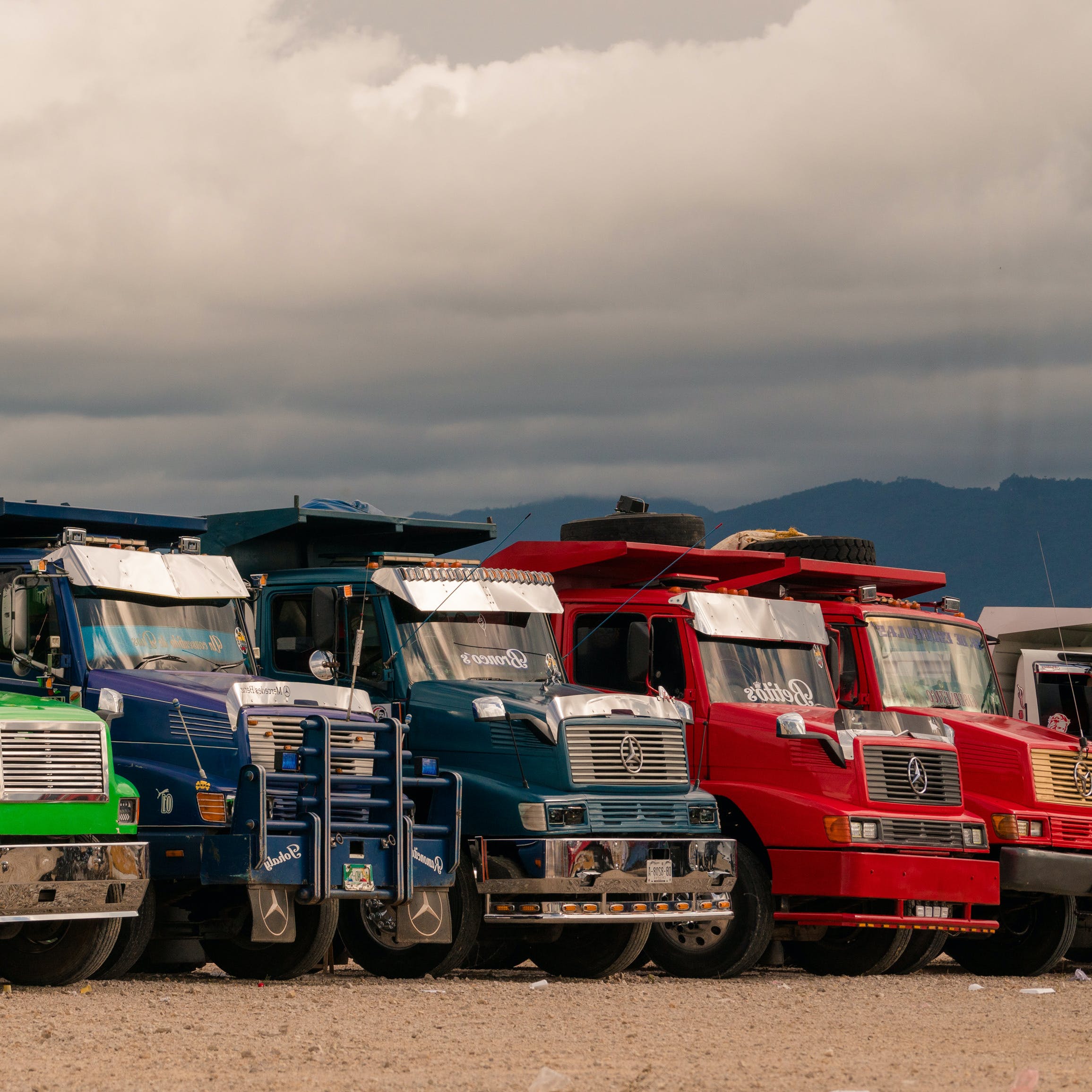
Must-Ask Questions on First Legal Consultations
Hiring an online lawyer can be daunting, especially if you need help with anything complex like starting a business or you need a lawyer to carry out contract review services. Knowing what to expect before






